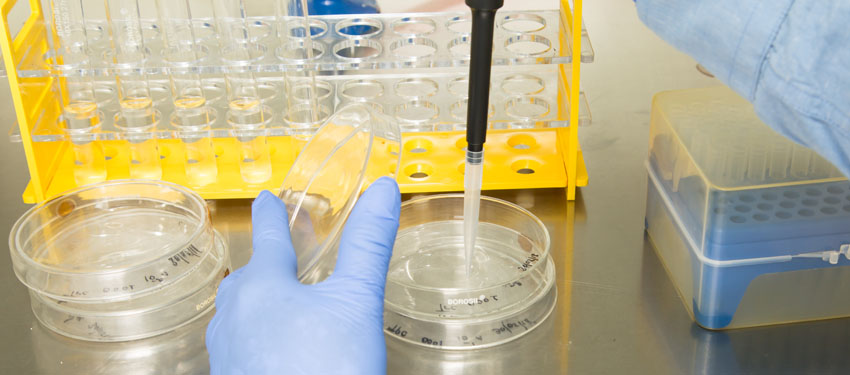Temperature test
This can show the rate of a biochemical reaction. When the water temperature is too high, it decreases organisms' ability to resist particular pollutants.
pH Test
This measures the acidity of water. Most organisms can only survive within a pH range of 6 to 8.
Chloride Test
The chloride levels of water can be raised because of minerals and industrial activity, so it is important to check this parameter.
Salinity Test
Salts dissolved in water are measured with this test, especially for groundwater. It is also a measure to determine what will happen to topsoil if the water table rises.
Turbidity test
This is done to check the amount of particulate matter that is present in the water. Clarity and purity are both affected by this.
Pesticides Test
This is done to determine the level of pesticides in water that may have crept in due to the ground being treated with heavy fertilisers, for example.
Metals Test
A metal test is important, and a rather critical one at that, as it determines the presence of harmful and or toxic metals, such as antimony, zinc, or mercury. It is, of course, imperative that the water meant for drinking be free of such contaminants.
Our FSSAI recognized testing lab offer a wide range of water testing services for drinking water, bottled water, and many more.


